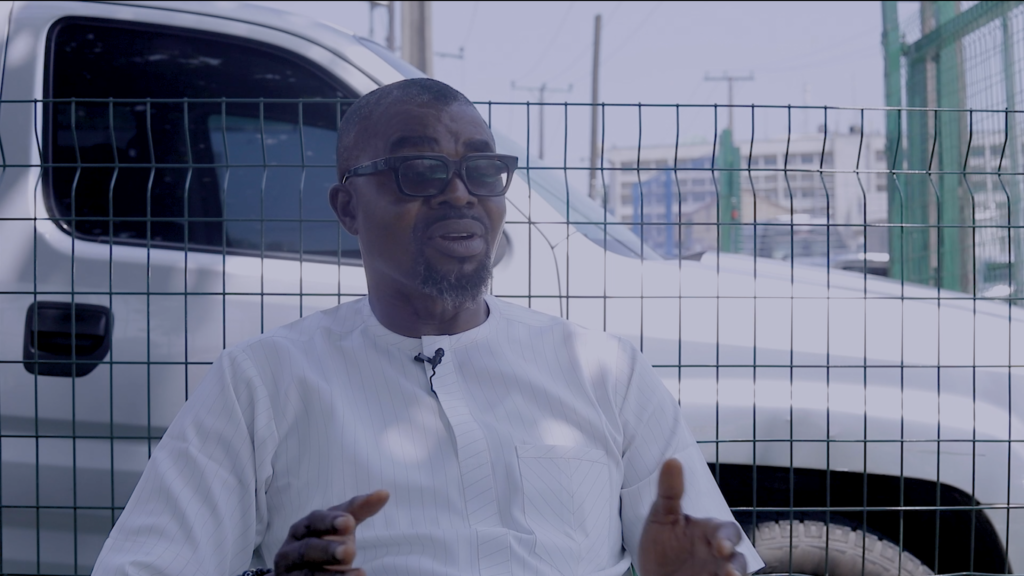


Nigeria is currently grappling with significant economic challenges, including high inflation and a depreciating naira, which have drastically affected the auto industry. Kelvin Lawson, CEO of Nicakelv International Limited, highlighted that the cost of cars has skyrocketed, with prices for models like the Toyota Corolla soaring from N3.5 million to nearly N10 million within just three years. This surge is largely attributed to fluctuations in foreign exchange rates, which severely impact car importation and sales [f2217695].
In response to these economic pressures, many dealers are diversifying their business strategies, incorporating online marketing and offering installment payment options to attract customers who can no longer afford to buy cars outright [f2217695]. Lawson also criticized customs practices that complicate the car clearance process, adding to the challenges faced by dealers in the industry [f2217695].
Simultaneously, the ban on commercial motorcyclists in Delta State has had a significant impact on motorcycle parts dealers, who are now experiencing substantial losses. Dealers are calling on Governor Sheriff Oborevwori to lift the ban and consider the economic impact on their businesses. Chinyere Ekwumuka, a dealer with almost N7 million worth of goods, expressed her struggles in providing for her family and paying school fees. Emeka Ugwuja, another dealer, lost N300,000 in returned goods and has over N10 million worth of goods that he cannot sell [f4e6c2a5]. Dealers are appealing for an extension of time to sell their goods or financial support from the government to switch to another business. The ban has affected their businesses and families, leading to financial difficulties and frustration [f4e6c2a5].
The economic hardship is reshaping the lives of commercial motorcyclists as well, with new motorcycle prices exceeding N1 million and tricycles costing around N4 million. Kayode Agbeloba, who transitioned from being an elubo trader to an okada rider, reported losing over N10 million due to unfavorable economic policies since 2019. His daily expenses now reach N6,500, while Ademola Moshood spends N9,000 bi-weekly on motorcycle maintenance [77b3c02c]. The rising costs have led to increased motorcycle theft, as highlighted by Mr. Oluwagbenga Sosinmi, further complicating the situation for riders [77b3c02c]. Solomon Olugbode of the Association of Commercial Motorcycle Operators of Nigeria (ACCOMORAN) described current motorcycle prices as outrageous and called for government intervention regarding fuel prices and exchange rates [77b3c02c].
Some dealers suggest that instead of an outright ban, the government should restrict the operation of commercial motorcycles to certain areas. Motorcycle parts dealers are urging the government to reconsider the ban and show mercy in light of the economic downturn in the country [f4e6c2a5].